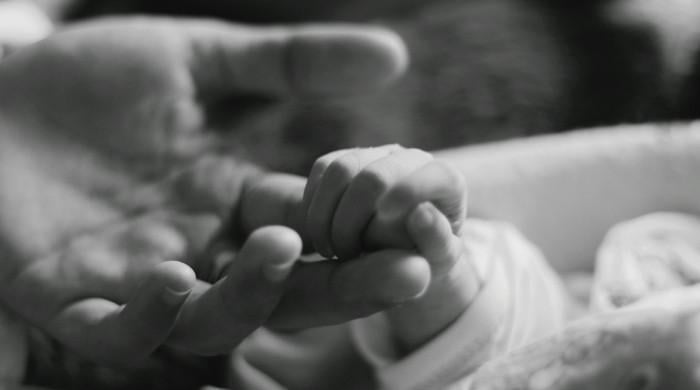Expert highlights easily ignored signs of colorectal cancer
There are several types of cancers depending on human organs and most common type is regarded as bowel
February 22, 2024

Cancer is regarded as one of the deadliest diseases and sometimes it is diagnosed when it has reached on its peak. Patients often do not take the symptoms of different illnesses seriously until it turns out to be life-threatening.
At that stage, the survival chances fall considerably, not to mention the difficulties and pain a patient suffers.
There are several types of cancers depending on the human organs and the most common type in Great Britain is regarded as bowel.
Estimates suggest that 11% of people in the United Kingdom are diagnosed with colorectal cancer with a high mortality rate, killing approximately 16,000 people every year.
It is important to monitor these symptoms to keep your life safe.
A consultant colorectal surgeon at the Wellington Hospital, Charles Evans has sounded alarm about some of the easily ignored symptoms of bowel cancer.
He told Express UK: "Some of the most common symptoms of colorectal cancer are often mistaken for other conditions —which can lead to patients delaying getting them checked out by their GP, or even being ignored completely."
He suggested that people should keep an eye on these signs:
- A change in bowel habits
- Cramping, abdominal pain or bloating
- Rectal bleeding
Change in bowel habits
This is the easily ignored symptom mistaken for irritable bowel syndrome (IBS).
Charles said: "Mucus in your stool or feeling as if you haven’t finished a bowel movement are often associated with IBS — which is why a persistent change in how often you go to the toilet, such as experiencing diarrhoea, constipation, or a notable shift in stool appearance, can sometimes lead people to think they are suffering with a digestive condition such as IBS."
He added: "If you’re concerned about these changes, especially if they are persistent, you should contact your GP about getting a stool test."
Cramping, abdominal pain
Charles further stated that "hormonal changes in women in the lead up to and during their period can also cause these symptoms," adding that "however, they could also be a sign of colorectal cancer, so it’s important to seek medical guidance if these symptoms persist beyond what's usual for everyday stomach issues."
Rectal bleeding
He suggested checking fecal matter for bleeding regularly.
“There are numerous harmless causes of bleeding — including diverticular disease [small pockets in the inner lining of the colon], haemorrhoids [piles] or a small tear in the opening of the anus,” Charles underlined.
He said if you notice blood in your stool, get yourself checked.











